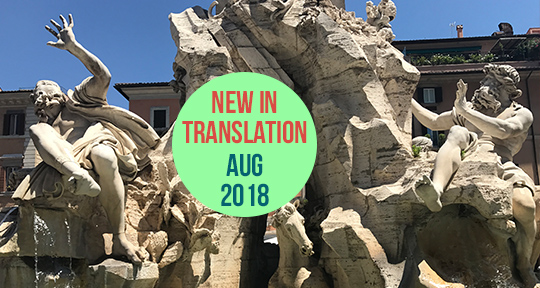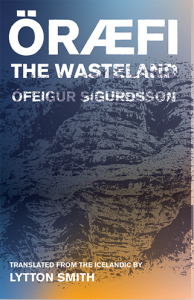This week, we highlight a new Latinx literary magazine, an award-winning Catalan poet and translator, and a German-American literary festival in New York. We also learn about a Salvadoran who hopes to increase access to literature in his city by raising enough funds to build and stock a new library.
Nestor Gomez, Editor-at-Large for El Salvador, reporting from El Salvador
The Fall 2018 debut of Palabritas, an online Latinx literary magazine founded by Ruben Reyes Jr., is good news for Latinx writers from a variety of genres, especially those who are unpublished. Palabritas’ creation was inspired by a night of celebration of spoken word, poetry, and performances hosted by Fuerza Latina, a pan-Latinx organization of Harvard College. Reyes, a Harvard student and the son of Salvadoran immigrants, felt it was important to give access to unpublished writers from Latinx communities that are often ignored, such as LGBTQ+, the diaspora, and mixed-race communities. By providing a space for Latinx writers from all communities, Reyes hopes to minimize the exclusivity of published writers and bring them side-by-side with previously unpublished writers in the magazine.






